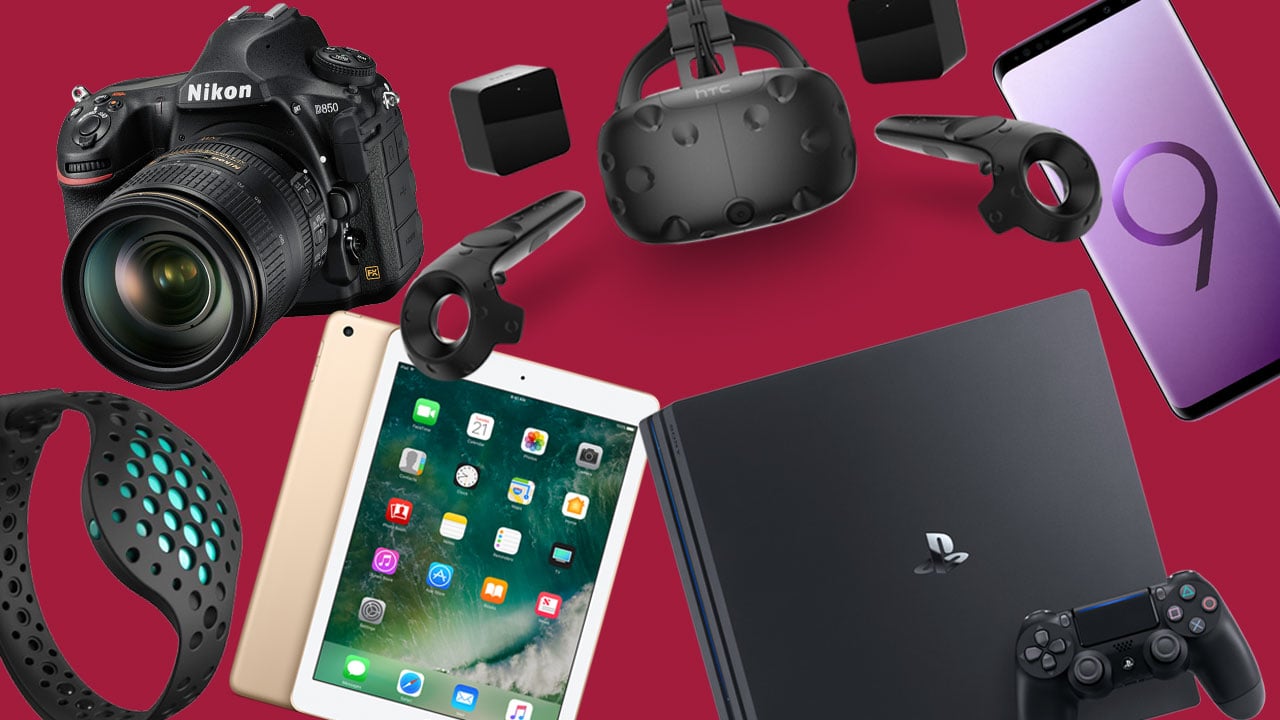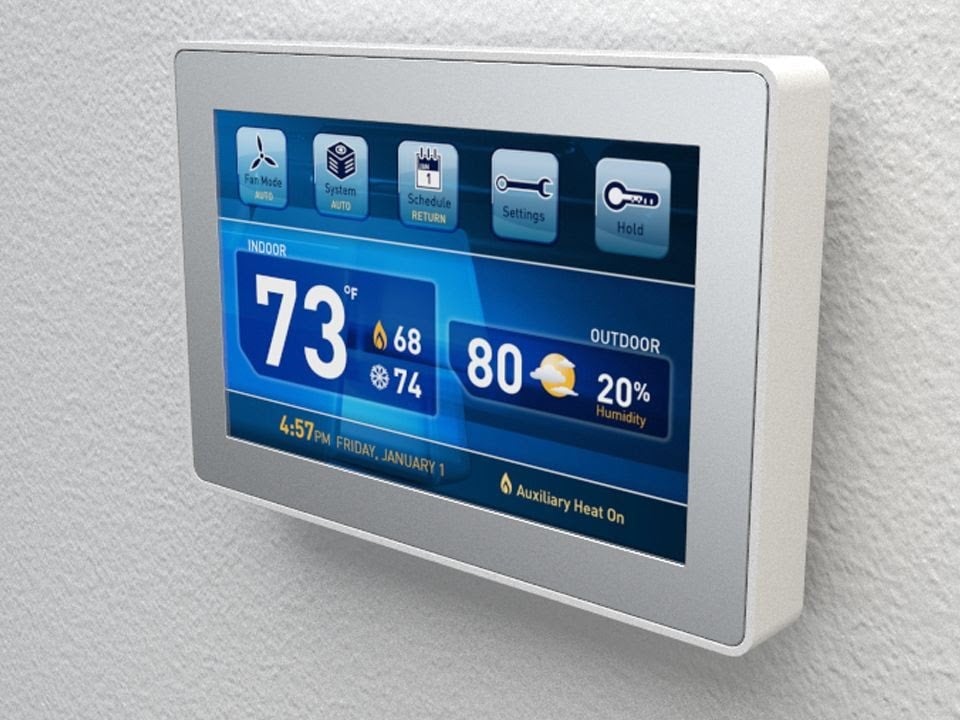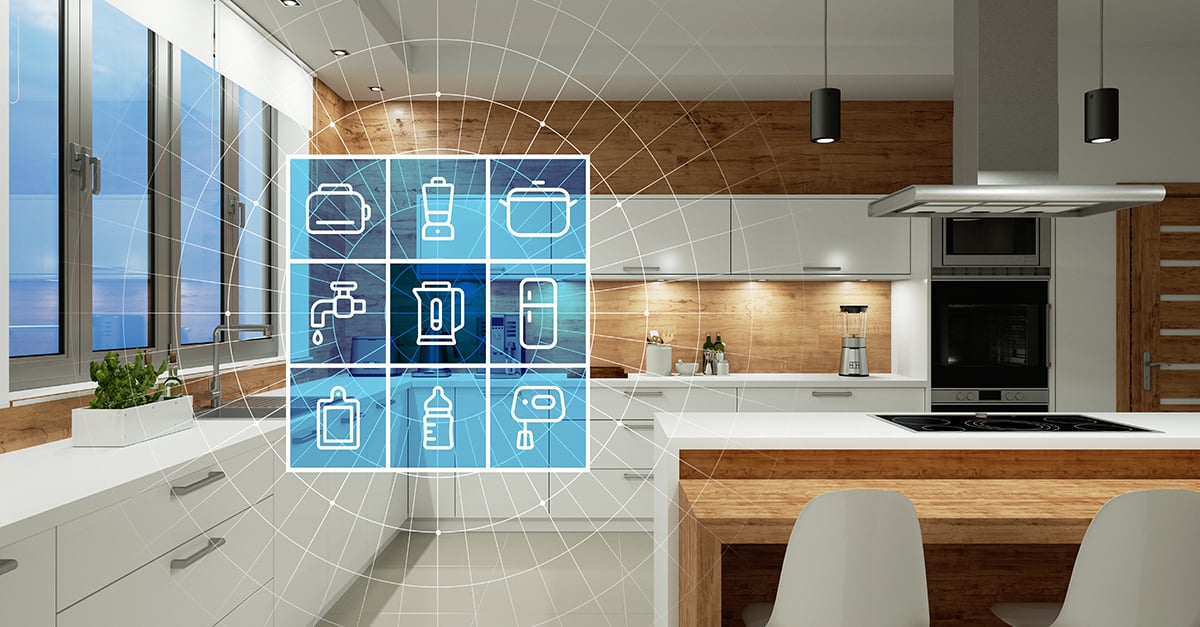With smart health monitoring devices at the forefront, embark on a journey of innovation and empowerment as we explore the world of personal health management.
From tracking health metrics to predicting future trends, these devices are reshaping the way we approach healthcare.
Overview of Smart Health Monitoring Devices
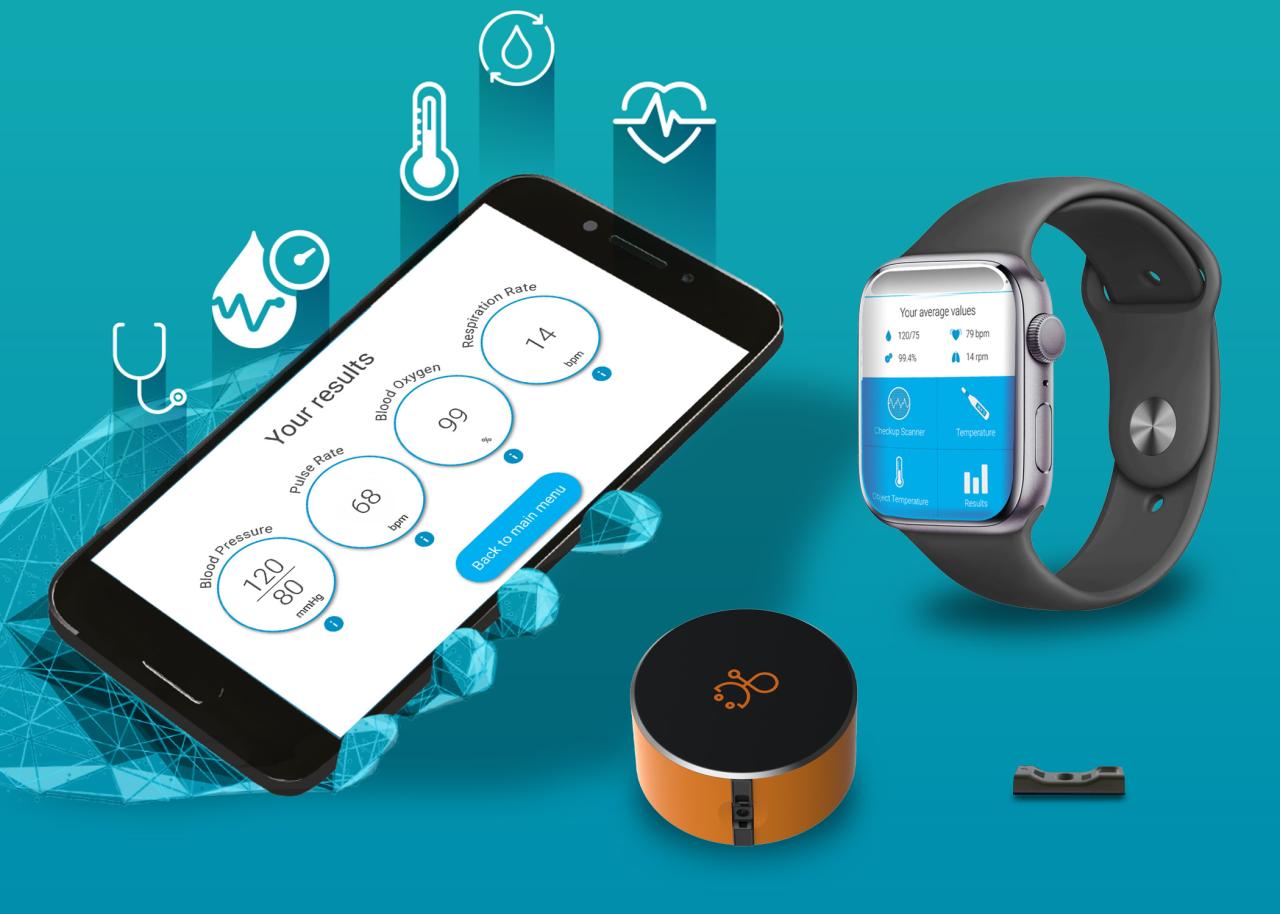
Smart health monitoring devices are wearable gadgets or tools that track and monitor various health metrics in real-time. These devices utilize sensors and technology to collect data on vital signs, physical activity, sleep patterns, and more, providing valuable insights into one’s overall health and well-being.
Some popular smart health monitoring devices in the market include:
– Fitbit: Known for its activity trackers that monitor steps, heart rate, sleep, and exercise.
– Apple Watch: Offers features like ECG monitoring, fall detection, and workout tracking.
– Garmin Vivosmart: Tracks heart rate, stress levels, and body energy levels.
These devices offer numerous benefits for personal health management, such as:
– Continuous monitoring: Allows users to track their health metrics throughout the day and night.
– Motivation: Provides feedback and insights to encourage users to stay active and make healthier choices.
– Early detection: Can alert users to potential health issues or abnormalities, prompting them to seek medical attention.
Benefits of Smart Health Monitoring Devices
- Personalized insights: Smart health monitoring devices offer personalized recommendations based on individual data.
- Remote monitoring: Users can share their health data with healthcare providers for remote monitoring and consultation.
- Improved fitness tracking: These devices help users set fitness goals, track progress, and stay motivated to achieve them.
- Enhanced sleep tracking: Many smart health monitoring devices provide detailed sleep analysis to help improve sleep quality.
Features and Functionality
Smart health monitoring devices come equipped with a variety of features that enable users to track and monitor their health metrics in real-time. These devices use advanced sensors and technologies to provide accurate and timely data, empowering individuals to take control of their health and well-being.
Key Features
- Heart Rate Monitoring: Smart health monitoring devices can track heart rate continuously, providing insights into overall cardiovascular health.
- Activity Tracking: These devices monitor daily activities such as steps taken, distance traveled, and calories burned, encouraging users to stay active.
- Sleep Tracking: By analyzing sleep patterns, smart health devices help users improve their sleep quality and overall well-being.
- Blood Pressure Monitoring: Some devices can measure blood pressure levels, alerting users to potential health concerns.
- ECG Monitoring: Certain advanced devices offer ECG monitoring capabilities to detect irregular heart rhythms.
Functionality
Smart health monitoring devices function by collecting data through various sensors and algorithms, which are then processed and displayed on a user-friendly interface. These devices can sync with smartphones or computers to store and analyze health data over time, enabling users to track their progress and make informed decisions about their health.
Types of Sensors and Technologies
- Accelerometer: Detects motion and measures activity levels.
- Heart Rate Sensor: Monitors heart rate continuously during rest and physical activity.
- GPS: Tracks location and distance traveled during outdoor activities.
- Temperature Sensor: Measures body temperature to detect fever or changes in health status.
- Oxygen Saturation Sensor: Measures oxygen levels in the blood to assess respiratory health.
Applications in Healthcare
Smart health monitoring devices play a crucial role in transforming healthcare by providing continuous real-time data to healthcare professionals for better patient care.
Remote Patient Monitoring
- Healthcare professionals can remotely monitor patients’ vital signs, such as heart rate, blood pressure, and oxygen levels, using smart health monitoring devices.
- This allows for early detection of any abnormalities or changes in a patient’s health, enabling timely interventions and reducing the risk of complications.
- Remote patient monitoring also promotes patient independence and compliance with treatment plans, as they can receive personalized care without frequent hospital visits.
Telemedicine
- Smart health monitoring devices enable healthcare providers to conduct virtual consultations and monitor patients’ health status from a distance.
- Patients can share real-time data with their healthcare team, allowing for accurate diagnosis and treatment recommendations without the need for in-person visits.
- Telemedicine using smart health monitoring devices has expanded access to healthcare services, especially in remote or underserved areas, improving overall healthcare outcomes.
Privacy and Security Concerns
In the age of digital health monitoring, privacy and security concerns are paramount. As smart health monitoring devices become more integrated into our daily lives, it is essential to address the potential risks and vulnerabilities that come with sharing sensitive health data.
Potential Privacy Issues
- Unauthorized access to personal health information
- Data breaches leading to exposure of sensitive data
- Third-party companies collecting and selling user data
Methods to Ensure Data Security
- Use of encryption techniques to protect data transmission
- Implementing multi-factor authentication for device access
- Regular software updates to patch security vulnerabilities
Implications of Data Breaches
- Loss of trust in health monitoring devices and services
- Potential misuse of health data for targeted advertising or discrimination
- Legal consequences for companies responsible for data breaches
Future Trends and Innovations: Smart Health Monitoring Devices
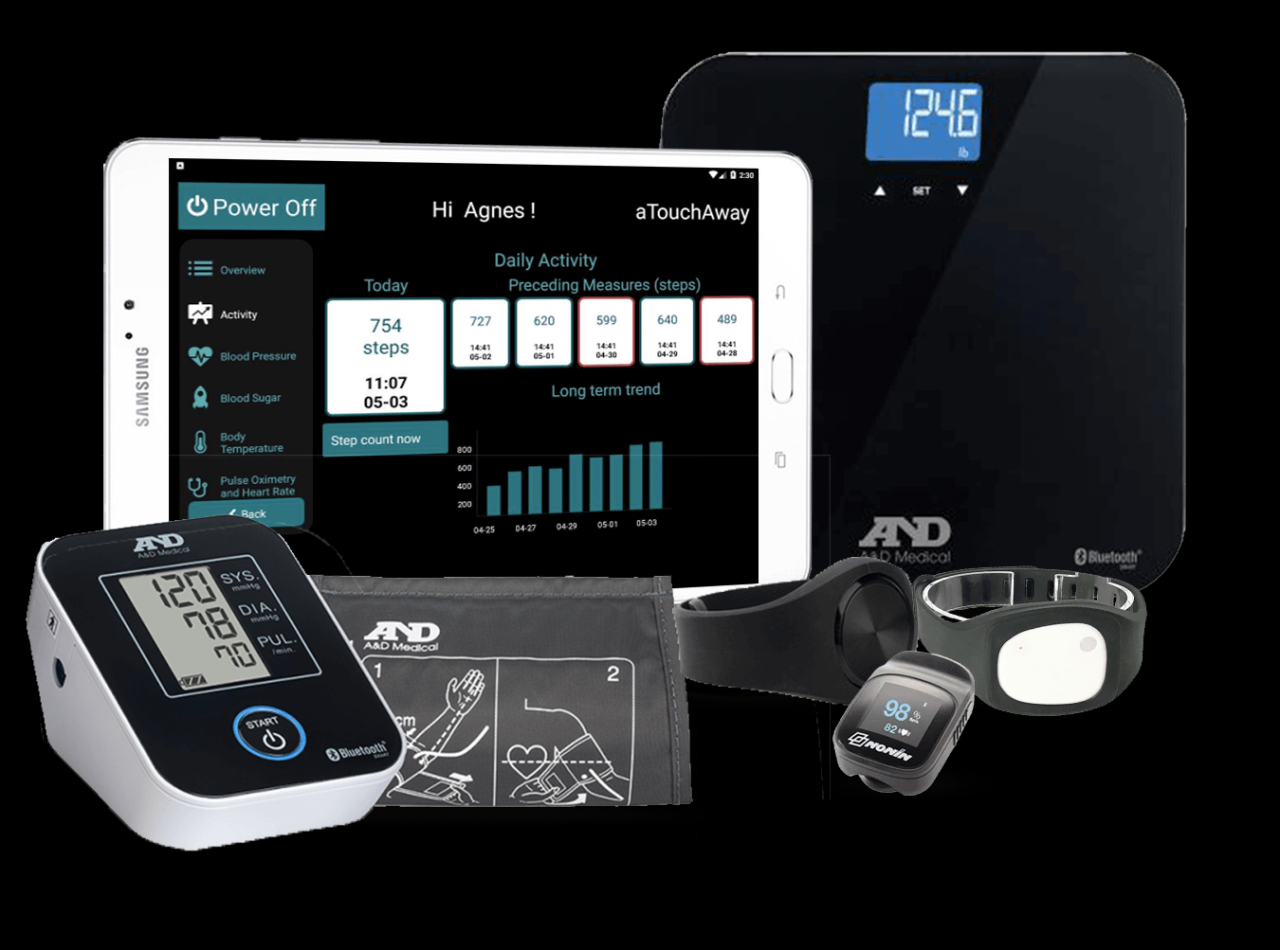
The future of smart health monitoring devices is poised for exciting advancements that will revolutionize the healthcare industry. With rapid technological progress and increasing demand for personalized health solutions, the following trends and innovations are expected to shape the future of these devices.
Integration of Advanced Sensors
The integration of advanced sensors, such as biosensors and optical sensors, will enable smart health monitoring devices to gather more accurate and real-time data. These sensors can track a wide range of health metrics, including blood glucose levels, hydration levels, and even stress levels, providing users with comprehensive insights into their health status.
Enhanced Connectivity and Interoperability
Future smart health monitoring devices are likely to feature enhanced connectivity options, allowing seamless integration with other healthcare systems and devices. This interoperability will enable users to share their health data with healthcare providers, leading to more personalized and effective treatment plans.
Artificial Intelligence and Machine Learning
Advancements in artificial intelligence (AI) and machine learning (ML) are set to transform smart health monitoring devices into intelligent health companions. AI algorithms can analyze the vast amounts of data collected by these devices, providing valuable insights and predictive analytics to users and healthcare professionals. Machine learning algorithms can also help in early detection of health issues and offer personalized recommendations for better health outcomes.
Wearable Technology and Fashion Integration
The future of smart health monitoring devices may involve the seamless integration of wearable technology with fashion, blurring the lines between technology and style. From smartwatches to smart clothing embedded with health sensors, these devices will not only monitor health metrics but also complement the user’s personal style, making health monitoring more accessible and appealing to a wider audience.
Focus on Mental Health Monitoring, Smart health monitoring devices
As awareness of mental health issues continues to grow, future smart health monitoring devices are expected to focus more on monitoring mental well-being. These devices may incorporate features to track stress levels, sleep patterns, and even provide guided meditation sessions to promote mental wellness and overall health.
Query Resolution
How do smart health monitoring devices work?
These devices use sensors to track various health metrics like heart rate, activity levels, and sleep patterns. The data is then analyzed to provide insights into one’s health.
Are smart health monitoring devices secure?
Privacy and security are paramount in these devices. Manufacturers implement encryption and secure data storage to protect user information.
What are some future trends in smart health monitoring devices?
Future innovations may include more advanced sensors, integration with AI for personalized insights, and enhanced connectivity for seamless data sharing.

